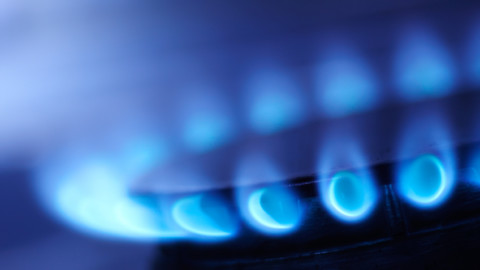The Queensland Government is establishing a Ministerial Energy Council to work with energy sector leaders, industry bodies, consumer groups, unions and government to deliver for the future energy needs of the state.
“This decade will herald a significant adjustment in the way energy is produced, distributed and stored, making it vital that we collaborate, so that Queenslanders can continue to receive stable, reliable, low cost energy generation and supply,” Queensland Energy, Renewables and Hydrogen Minister, Mick de Brenni, said.
“Investors are lining up to capitalise on our world-class wind resources and highest solar intensity.
“Whether it’s generating more clean energy through renewables or producing hydrogen, Queensland is creating the catalyst for this energy take off.
“Queenslanders expect to reap the benefits from our energy assets, whether it’s through safe, secure jobs in the construction of our Renewable Energy Zones, expanding our manufacturing industry, or gaining the necessary skills in our hydrogen supply chain.”
Mr de Brenni said Queensland’s publicly owned generation and supply chain assets provided the strongest foundation in the network to enable further rapid growth and economic development in Queensland.
“By establishing a Ministerial Energy Council, our government can leverage our foundational assets as a basis from which to harness the additional capacity of renewables to deliver real outcomes for Queenslanders,” Mr de Brenni said.
“From business representatives like Energy Networks Australia, to Queensland small consumer body QCOSS, we’re giving a wide breadth of industry groups a seat at the table to ensure that government regulation can work as intended.
“They’ll be joined by the Electrical Trades Union, Australian Energy Council and Smart Energy Council, among others.”
Mr de Brenni said one of the first items on the agenda would be a discussion around how best to establish a fully functional and commercial hydrogen supply chain in Queensland.
“With state-owned energy generators and ports, the levers are uniquely in Queenslanders hands to generate hydrogen to enable a renewable energy future for our nation,” Mr de Brenni said.
“Renewable energy and transmission, manufacturing, resources and electrifying transport have the capacity to create 570,000 Australian jobs in the next five years.”
Mr de Brenni said Queensland’s approach was aligned to Australia’s National Hydrogen Strategy.
“In a post-COVID economy attention needs to be refocused at a leadership level to deliver the Hydrogen Strategy,” Mr de Brenni said.
“At the next meeting of Energy Ministers, I’ll be asking for a greater focus on the role of hydrogen in the future of Australia’s energy security.”
The Ministerial Energy Council will consist of Renewables, Hydrogen Development, and Consumer Voice sub-committees that will assist in driving energy policy in Queensland.
The first meeting of the Hydrogen Development Sub-Committee will be co-chaired by Minister for Training and Skills Development, Di Farmer, and focus on skills and job opportunities.
















